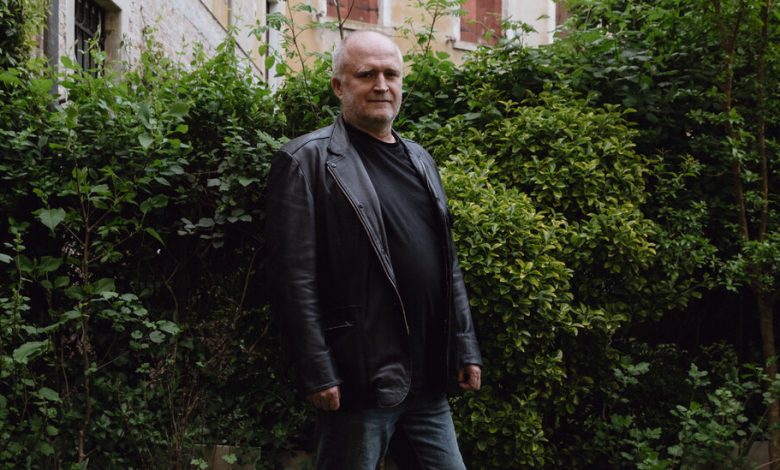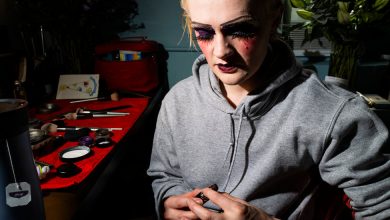In Venice, a Conservative Painter Stages an Unpopular Rebellion

Six months ago, Ignacy Czwartos won the opportunity of a lifetime.
A politically conservative painter whose work contains religious, historical and military images, Czwartos was an outsider in the contemporary art scene in Poland. But that didn’t stop the government there, at the time led by the populist Law and Justice Party, from choosing him to represent the country at the Venice Biennale.
“Of course, I was happy,” Czwartos, 57, recalled recently.
But just weeks after he got the news, Czwartos’s opportunity vanished.
After liberal, centrist and moderately conservative political parties formed a new government in Poland, they quickly dropped Czwartos as the country’s Venice representative. Instead, the new culture minister announced that he would send Open Group, a Ukrainian collective, to the Biennale instead.
Czwartos was furious. The decision, made with little explanation, “was an act of political censorship,” Czwartos said, adding that the Polish government had acted like a totalitarian state.
So Czwartos made his own decision: He would to go to Venice anyway, the government be damned.
On Wednesday night, in a quiet housing complex close to the gardens where much of the Biennale takes place, Czwartos opened his show. Titled “Polonia Uncensored,” and running through May 17, the exhibition features 15 large paintings including a series of artworks depicting Nazis who committed atrocities in Poland during World War II, and another set showing Polish soldiers who fought the Soviet Union.




